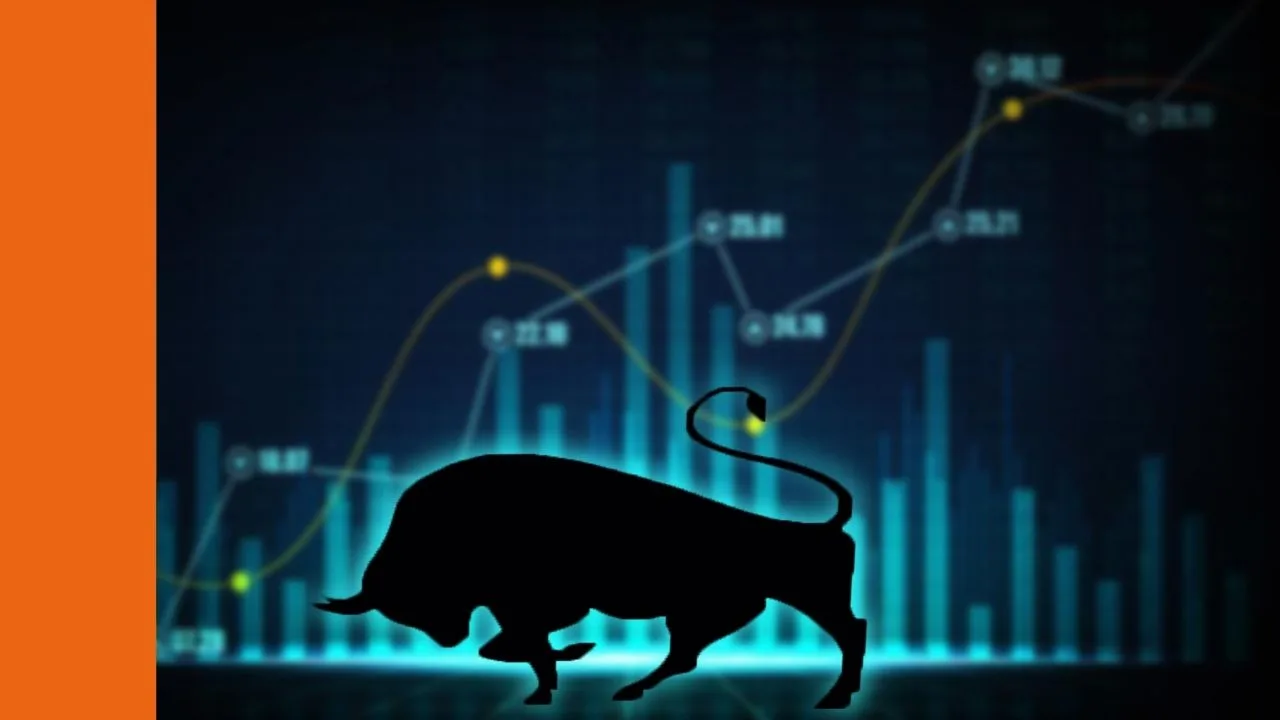Exchange-traded funds (ETFs) could be a smart pick amid the market declines that we’re seeing this year.
It may be hard to choose what shares to buy when so many are down. But, buying ETFs means we can buy a whole bucket of shares, so it doesn’t matter if it’s hard to pick individual companies.
With share prices now largely lower than they were at the start of the year, I think I’d want to focus on ETFs that are quality based or give exposure to areas with attractive growth trends.
VanEck MSCI International Quality ETF (ASX: QUAL)
As you might be able to guess, this is a portfolio that’s invested in international shares that are seen as quality.
It’s a portfolio of 300 names which rank well on return on equity (meaning, they generate good profit for how much shareholder money is in the business), earnings stability and low debt. The ETF’s annual management fee is just 0.4%.
There are plenty of recognisble names in the portfolio like Apple, Microsoft, Nvidia, Visa and Alphabet (Google).
While the US does make up around 75% of the portfolio, it’s good that a quarter of the portfolio provides diversification with shares being listed in places like Switzerland, Japan, the UK and the Netherlands.
Past performance is not a reliable indicator of future performance. However, the ETF’s total return of 13.8% per year over the past five years has been better than the global share market benchmark return of 11.1% per year over five years.
Betashares Global Cybersecurity ETF (ASX: HACK)
Prior to the 2022 declines, this ETF was one of the top long-term performers.
It’s invested in many of the world’s lead cybersecurity businesses which are leading the fight against cybercriminals.
We are talking about names like Zscaler, Crowdstrike, Palo Alto Networks, Cloudflare, Cisco Systems and so on.
Betashares says this is a fast-growing global sector and that with cybercrime on the rise, the demand for cybersecurity services is expected to grow strongly for the foreseeable future.
At 31 August 2022, the prior five years showed that the HACK ETF had achieved an average return per year of 18.7%.
I can’t imagine a time in the coming decades where cybersecurity isn’t an essential part of an ever-increasingly-digital world. So, I think this is both a defensive idea and a growth idea.








